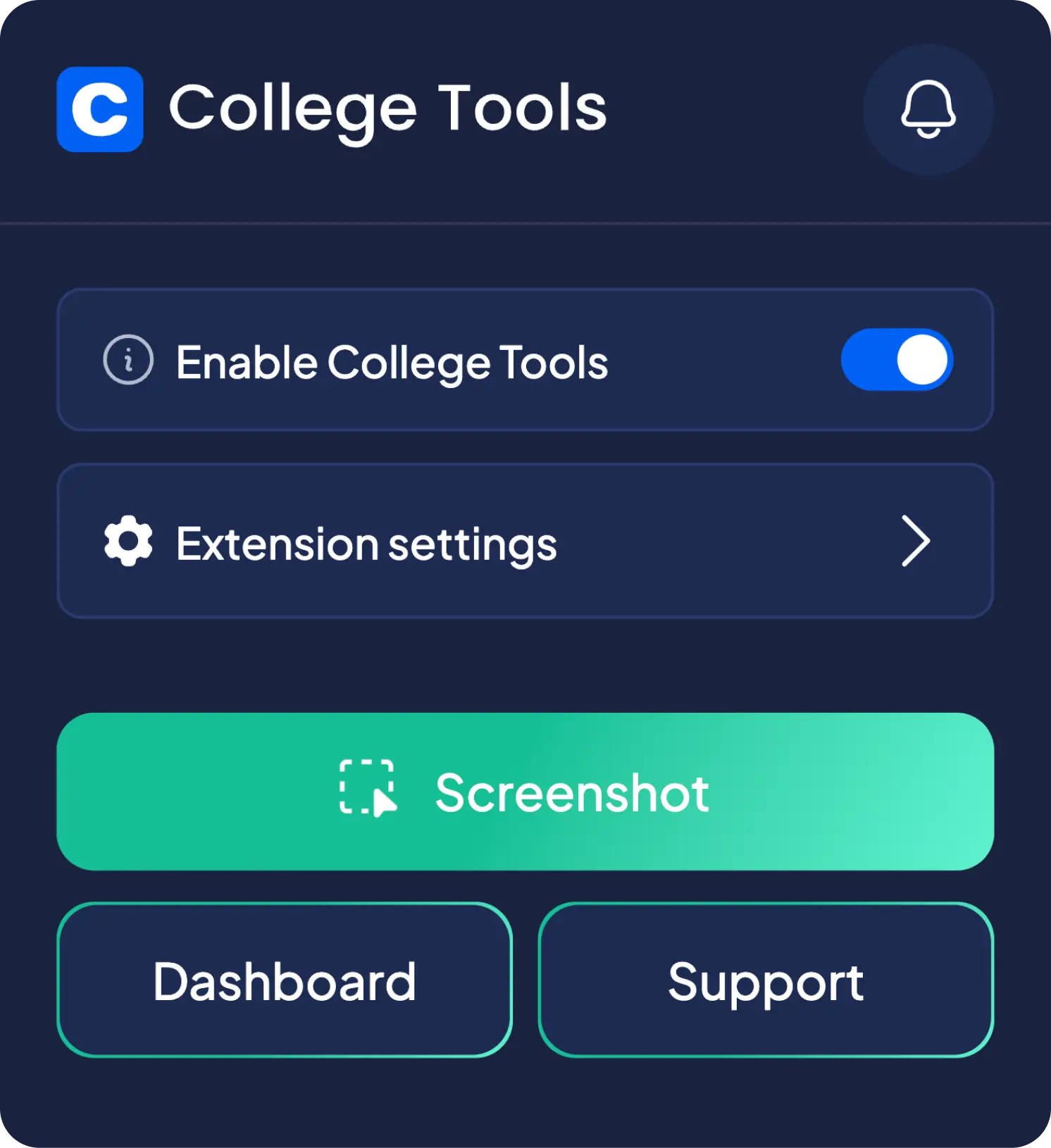Table of Contents
- Case Studies: Enhancing Legal Acumen Through Strategic Test Prep
- The Stakes: Understanding the Law School Admission Test (LSAT)
- Methodology: Applying Study Efficiency to Legal Studies
- Case Study 1: The Power of Practice and Persistence
- Case Study 2: Embracing Technological Aids for Efficient Review
- Case Study 3: The Group Study Advantage
- Leveraging Features of Modern Test Prep Tools
- The Impact: Legal Careers Forged by Exceptional Test Prep
- The Pedagogical Twist: Adaptive Learning for Legal Studies
- The Future of Law and Learning
- Conclusion: A Scholarly Verdict
Case Studies: Enhancing Legal Acumen Through Strategic Test Prep
The journey to becoming a legal professional is as demanding as it is prestigious. One crucial milestone on this path is excelling in law-related exams. For aspiring lawyers, success is not just about memorizing statutes; it's about understanding the nuances of the law and applying them adeptly under the pressure of high-stakes tests. Today, we delve into the heart of effective test preparation strategies and the role it plays in shaping a successful legal career.
The Stakes: Understanding the Law School Admission Test (LSAT)
Widely considered as the stepping stone into prestigious law schools, the LSAT is a prime example of an examination where test preparation can make or break a career. The LSAT tests skills fundamental to legal work, including critical reading, analytical reasoning, and logical thinking. Effective preparation for an exam like this goes beyond rote learning, focusing on 'ais exam questions' or commonly repeated patterns in legal exams to fine-tune problem-solving tactics.
Methodology: Applying Study Efficiency to Legal Studies
To study efficiently, aspiring legal eagles must adopt a variety of study methods. These range from traditional approaches like group studies and mock trials to more modern techniques involving digital tools that offer personalized learning experiences. For instance, many law students now use AI-powered platforms to get 'answers to homework questions' swiftly, streamlining their study time to focus on areas where they need the most practice.
Case Study 1: The Power of Practice and Persistence
John, a law student, used 'test preparation' techniques to improve his LSAT scores. Initially scoring in the 60th percentile, John knew he had to change his strategy if he wanted to pursue his dream of attending a top law school. By practicing with real LSAT questions and studying explanatory answers, he honed his logical reasoning skills. This dedication bumped John's score up to the 85th percentile, significantly boosting his law school application.
Case Study 2: Embracing Technological Aids for Efficient Review
Lisa, another aspiring attorney, faced challenges with time management. She turned to AI tools for 'homework help' and structured her review sessions around AI-generated quizzes. These tools helped Lisa identify her weaknesses and provided a comprehensive analysis of her learning progress. Her diligent use of technology made her study sessions more efficient, earning her a top percentile rank in the LSAT.
Case Study 3: The Group Study Advantage
A group of law students from a mid-tier university formed a study group focused on understanding the law's application rather than just its theory. They dissected challenging 'ais exam questions' and conducted mock trials to apply their knowledge in a simulated real-world environment. Their collaborative efforts led them to score above the 90th percentile as a cohort, demonstrating the effectiveness of group learning.
Leveraging Features of Modern Test Prep Tools
Modern test prep tools can dramatically improve one’s chances of success. Designed to be intuitive and user-friendly, such tools can be found at College Tools. They encompass various features to aid in exam preparations, from multiple-choice question solvers to analytics that track study habits and identify knowledge gaps.
The Impact: Legal Careers Forged by Exceptional Test Prep
These case studies highlight a universal truth in legal education: mastering the art of test preparation can shape promising legal careers. As law grad statistics by the American Bar Association indicate, higher LSAT scores correlate with better educational outcomes, ultimately influencing career opportunities.
The Pedagogical Twist: Adaptive Learning for Legal Studies
Progressive learning platforms now offer adaptive tools, tailoring study materials to individual learners' needs, ensuring they study efficiently and effectively. Queries about 'ai exam questions' and 'test preparation' can guide students to resources best suited for their learning styles and exam objectives.
The Future of Law and Learning
The journey of legal education is ever-evolving with advancements in studying techniques. As law programs become more competitive, students are increasingly turning toward innovative tools to gain an edge. Platforms that cater to diverse learners – including College Tools – can revolutionize 'test preparation', making it sharper, more nuanced, and aligned with the demanding reality of legal studies.
Conclusion: A Scholarly Verdict
Preparing for legal examinations is a nuanced art that blends dedication, strategic planning, and the wise use of technological tools. Those who approach it with the right mindset and resources will not only pass their exams with flying colors but also lay a solid foundation for their legal careers. For more insights and strategies on how to study efficiently and conquer your law tests, keep an eye on our upcoming posts at the College Tools Blog.
Embarking on the legal education journey? Learn how to enhance your test preparation strategies with cutting-edge tools and insights to claim the success you're striving for in the challenging field of law.








